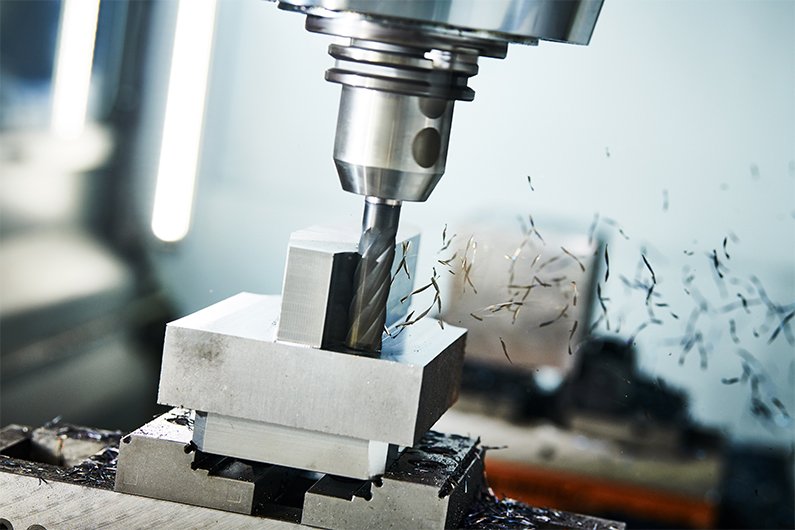Aluminum alloy die casting is a process that involves the production of complex metal parts using a reusable mold. This process is widely used in a variety of industries, including automotive, aerospace, and electronics, due to its ability to produce parts with high accuracy, repeatability, and dimensional stability.
In this guide, we will explore the aluminum alloy die casting process in detail, including the different types of aluminum alloys used, the advantages and disadvantages of die casting, and the steps involved in the die casting process.
Types of Aluminum Alloys
Aluminum alloys are classified into two main categories: heat-treatable and non-heat-treatable alloys. Heat-treatable alloys can be strengthened by heat treatment, while non-heat-treatable alloys cannot. The most commonly used aluminum alloys for die casting include:
1. A380: This is the most widely used aluminum alloy for die casting. It offers excellent fluidity, pressure tightness, and resistance to corrosion.
2. A383: This alloy has higher magnesium content than A380, which makes it more resistant to corrosion and offers a higher strength-to-weight ratio.
3. A360: This alloy has higher silicon content than A380, which makes it easier to cast and offers better mechanical properties.
Advantages of Aluminum Alloy Die Casting
1. High Accuracy: Aluminum alloy die casting is capable of producing parts with high accuracy and dimensional stability.
2. Repeatability: The use of a reusable mold ensures that each part produced is identical to the previous one, making it easier to maintain consistency in quality.
3. High Production Rates: The die casting process is capable of producing large quantities of parts quickly and efficiently.
4. Excellent Surface Finish: Aluminum alloy die casting produces parts with a smooth surface finish, eliminating the need for additional finishing operations.
Disadvantages of Aluminum Alloy Die Casting
1. High Initial Cost: The cost of designing and manufacturing the mold can be expensive, making it less suitable for small production runs.
2. Limited Design Flexibility: The design of the part must be carefully considered to ensure that it can be manufactured using the die casting process.
3. Limited Material Selection: The materials that can be used for die casting are limited to those that can be melted and poured into the mold.

Steps Involved in Aluminum Alloy Die Casting
1. Mold Design: The mold is designed based on the specifications of the part to be manufactured.
2. Mold Construction: The mold is constructed using steel or other materials that can withstand the high temperatures and pressures involved in the die casting process.
3. Melting of Aluminum Alloy: The aluminum alloy is melted in a furnace and poured into the mold.
4. Injection of Molten Aluminum Alloy: The molten aluminum alloy is injected into the mold using a high-pressure injection system.
5. Solidification of Aluminum Alloy: The molten aluminum alloy solidifies in the mold, forming the desired shape of the part.
6. Ejection of Part: The mold is opened, and the part is ejected from the mold.
7. Trimming and Finishing: The part is trimmed of any excess material, and finishing operations such as sandblasting or polishing are performed to achieve the desired surface finish.
Conclusion
Aluminum alloy die casting is a widely used manufacturing process that offers high accuracy, repeatability, and production rates. It is capable of producing complex parts with a smooth surface finish, making it suitable for a variety of industries. While it does have some disadvantages such as high initial cost and limited design flexibility, the benefits outweigh the drawbacks for many applications.
-

- Hořčíkové tixomilovací díly Pouzdro UAV
-

- Díly a komponenty ze slitiny hořčíku pro elektrokola
-

- Custom-made die casting parts&comopnents for bicycle suspension fork for MTB
-

- OEM vysokotlaké lité kolo z hořčíkové slitiny pro elektrokola
-

- Zpracované díly a komponenty pro střední desku mobilního telefonu z Thixomoldingu
-

- OEM tlakově lité díly a komponenty

 0086-750-5616188
0086-750-5616188 +86 13392089688
+86 13392089688 sales@zhongmei-tech.com
sales@zhongmei-tech.com







